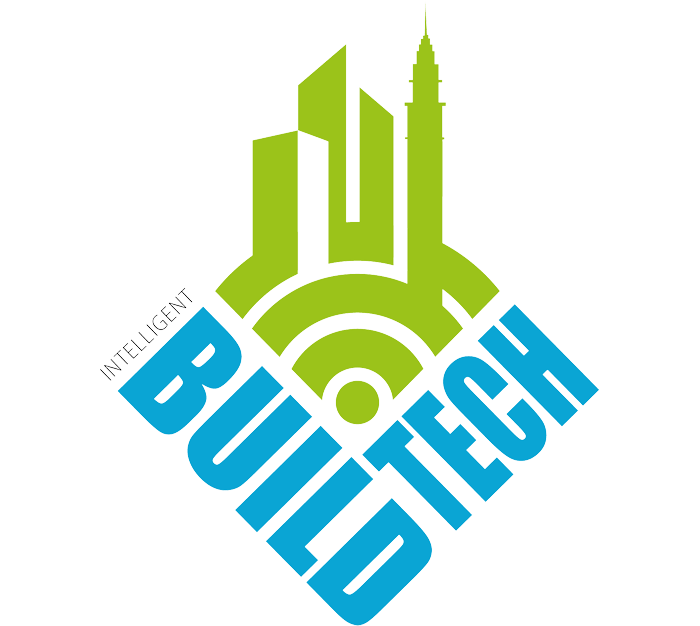Discover the visionary behind Black Capital Group (BCG) as we delve into an exclusive interview with Robbie Blackhurst. Learn about his journey from principle contracting to revolutionising public sector project delivery.
Can you share with us your journey from working in principle contracting to founding Black Capital Group and its subsidiaries, including the innovative Procure Partnerships Framework and Compliance Chain?
My journey has been both challenging and deeply rewarding. When I worked as a principal contractor at the start of my career, I gained invaluable insights and experience across a broad range of public sector procurement frameworks. While the decision to leave the comfort of established principal contracting was undeniably a difficult one, the drive to create something more innovative than what existing practices were offering was simply irresistible.
This vision was fully realised with the founding of Procure North West [now Procure Partnerships Framework] in 2017. Our approach was immediately well-received and, in our first year, we outperformed all other frameworks based in the North West combined. This success prompted the expansion of our framework nationally and the launch of the first iteration of the National Contractor Framework. Before long, the Procure Partnerships Framework was supporting roughly £1 billion worth of capital projects per year.
Through this extensive engagement with public sector procurement, it became clear that there was a critical need for tools that could support not only the framework but also enhance the efficiency and compliance of its public sector clients. This realisation led to the creation of Compliance Chain in 2022, which was designed to integrate supplier compliance, financial due diligence, project reporting and social value delivery into a single, cloud-based system. Initially conceived as a support tool for Procure Partnerships, it quickly demonstrated its potential as a standalone business.
As someone deeply involved in the construction technology sector, what inspired you to merge technology and construction? What opportunities do you see for further innovation in this space?
The merger stemmed from a recognition of the inefficiencies and challenges inherent in traditional construction processes. I was driven to bring the impact that revolutionary technology has had on other industries through improved accuracy, efficiency and accountability to the built environment, which is often seen as trailing behind comparable sectors in this regard. This motivation led to the founding of Procure Partnerships Framework and Compliance Chain, both of which leverage technology to enhance procurement and compliance processes in construction.
Integrating emerging technologies like AI into construction processes holds tremendous potential. By harnessing more advanced data analytics, we can further improve decision-making across the industry and provide deeper insights into construction management, from supply chain management and waste reduction to long-term building performance and project success. Innovations that reduce carbon footprints, enhance energy efficiency and minimise waste aren’t just beneficial for the environment but are economically advantageous. What’s more, technologies included in Business Information Modelling (BIM) processes can be expanded to focus more on sustainability outcomes, as well as the construction process.
The Procure Partnerships Framework you founded aims to streamline procurement processes for public sector construction projects. How do you believe technology can continue to transform and improve traditional procurement methods?
As scrutiny over public sector projects increases, the importance of technologies that provide technologies that provide transparency and accountability becomes more pronounced. Technology not only streamlines procurement processes but also makes them more strategic, secure and aligned with the evolving needs of the public sector.
Advancements in digital procurement platforms have simplified the tendering process significantly. Data analytics plays a crucial role in refining decision-making, while the implementation of BIM and the emphasis on cybersecurity, are also pivotal. While BIM provides a digital representation of the physical and functional characteristics of a project, robust cybersecurity is essential for protecting sensitive procurement data, thereby preserving the integrity of the procurement process and maintaining stakeholder trust.
Compliance Chain has been instrumental in ensuring project compliance and efficiency across hundreds of public sector projects. Could you elaborate on the challenges you faced in developing this software platform and its impact on project delivery?
One of the main challenges was fostering effective collaboration among our wide range of stakeholders, including public sector organisations, contractors and subcontractors. Ensuring that the platform met the diverse needs and expectations of these various groups required extensive consultations and feedback cycles.
Combining multiple functions, such as supplier compliance, project performance and social value delivery into one platform posed technical and logistical challenges. We needed to ensure seamless integration of these features to allow for a fluid user experience and robust data management capabilities.
By providing a platform where all project data and compliance information are centralised, Compliance Chain has increased transparency across projects. This makes it easier for stakeholders to access information, perform audits and ensure that all compliance standards are being met.
The Social Value Management function of the Compliance Chain has been pivotal in enhancing social responsibility within the construction industry. How do you envision the future of social value initiatives shaping the industry and what role do technology and collaboration play in achieving these goals?
Technology, especially through platforms like Compliance Chain, plays a pivotal role in the management of social value initiatives, setting clear targets early in the project and enabling the seamless upload of evidence and documentation, thereby ensuring that all social value commitments are met and easily verifiable.
Collaboration is a critical component in the advancement of social value initiatives. By working closely with public sector bodies, principal contractors and other stakeholders, we help foster an environment where collective goals are clearly defined and pursued.
As we look to the future, I see social value becoming an even more integral part of the construction industry’s ethos. With increasing public and governmental focus on sustainability and social impact, the demand for transparent, effective management of these aspects will continue to grow. Technology will be at the heart of meeting these demands, providing the tools needed to monitor, report and ultimately drive better outcomes for communities.
With your extensive experience in the construction technology sector, what advice would you offer to aspiring entrepreneurs looking to make an impact in this field, particularly in terms of navigating the intersection of technology, construction and public sector procurement?
Before diving into this sector, it’s crucial to have a deep understanding of the construction industry’s unique challenges and the specific needs of the public sector. Spend time learning about current processes, pain points and what has or hasn’t worked in the past. Construction projects involve multiple stakeholders, including contractors, subcontractors, public sector bodies and end users. Successful integration of technology into this field requires a collaborative approach. Build relationships, listen to feedback and create solutions that cater to the needs of all parties.
Technology for the sake of technology won’t lead to impactful change. Focus on developing solutions that solve actual problems, improve efficiency, or enhance transparency and accountability in construction processes. What’s more, technologies that can demonstrably contribute to social value are more likely to gain traction and support from public sector entities.




